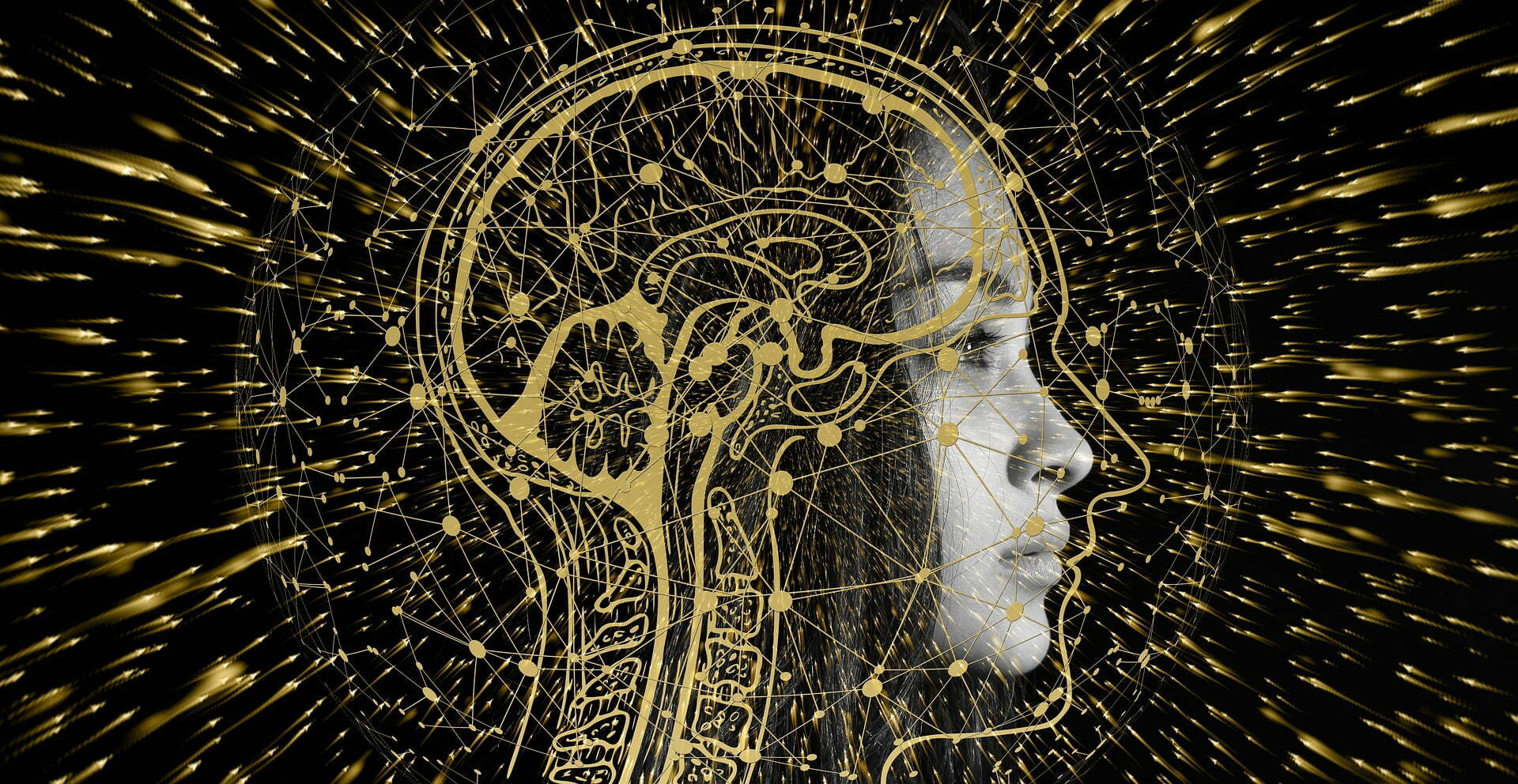Quantum computing uses the weirdness of quantum mechanics to solve problems that have been thought impossible to solve with today’s computers. It’s a very different approach to computing, and it could lead to some pretty amazing things.In classical computing, bits are either 1 or 0. In quantum computing, qubits can be both 1 and 0 at the same time meaning that you can compute with them in parallel instead of sequentially like you do with classical bits.

This is the core innovation that makes quantum computing possible: instead of having to wait for one operation to finish before starting another, you can run multiple calculations at the same time. And because qubits have no limit on how many operations they can perform at once, they’re able to solve problems much faster than traditional computers.
The first commercial quantum computer was unveiled by D-Wave Systems in December 2016. It uses what’s known as an adiabatic quantum computer one that relies on supercooled atoms trapped in a magnetic field which has been shown to be capable of solving certain problems exponentially faster than conventional ones (like factoring large numbers). D-Wave claims its 100 qubit system will be able to crack certain problems within minutes rather
What Makes Quantum Computing Special?
Quantum computing, or quantum computing and cryptography, is a field of computer science with the goal of creating the first fault-tolerant quantum computers. The most common form of quantum computer is a device that uses two superconducting qubits (qubits are analogous to bits in classical computers). These qubits can be in one of several possible states, such as 0 and 1, but not both at once.
The first practical application of quantum computing was to solve problems that are intractable on classical computers. For example, it could enable us to solve problems where a solution requires more than 1,000 steps on a classical computer but only 23 on a quantum computer. Another potential application is encryption and decryption. Quantum key distribution (QKD) allows users to send encrypted messages over public networks without broadcasting their private keys. This means they can protect their privacy while sharing valuable information with others.
Quantum computing also has applications in cybersecurity. Quantum key distribution makes it difficult for hackers to steal our secrets by eavesdropping on our conversations or reading our messages if we use public Wi-Fi networks or mobile devices with poor security protection.
What Can Quantum Computing Do?
Quantum computing is the future of computing. It’s a way to make computers that are exponentially more powerful than what we have today. And it’s really exciting, because it could lead to some really amazing things, like machines that can solve problems that we couldn’t even imagine solving before.
But before we get into all of that, let’s take a step back and talk about why quantum computing is so important. Computer scientists say that quantum computers will be able to perform many operations faster than classical computers ever could. This means that they’ll be able to solve problems that classical computers wouldn’t be able to solve at all or at least not very quickly.
How Does a Quantum Computer Work?
A quantum computer is a machine that uses the laws of quantum physics to do calculations. In this article, we will explain what a quantum computer is and how it works. A quantum computer takes advantage of the strange properties of subatomic particles to perform some very complex calculations. Quantum mechanics deals with the behavior of atoms and molecules in their natural state, and it applies to larger objects as well. A quantum computer is a machine that mimics this behavior at an atomic level, using photons or ions instead of bits to represent information.
Here’s how it works?
A photon or ion can be in two states at once for example, being either blue or red (or any other color). These two states are called superpositions. If you were able to observe these particles at different points in time, you would see them change from one state to the other on an almost continuous basis. In other words, they’re “quantumly indeterminate.”
Conclusion: Quantum Computing allows us to do things we never could before.